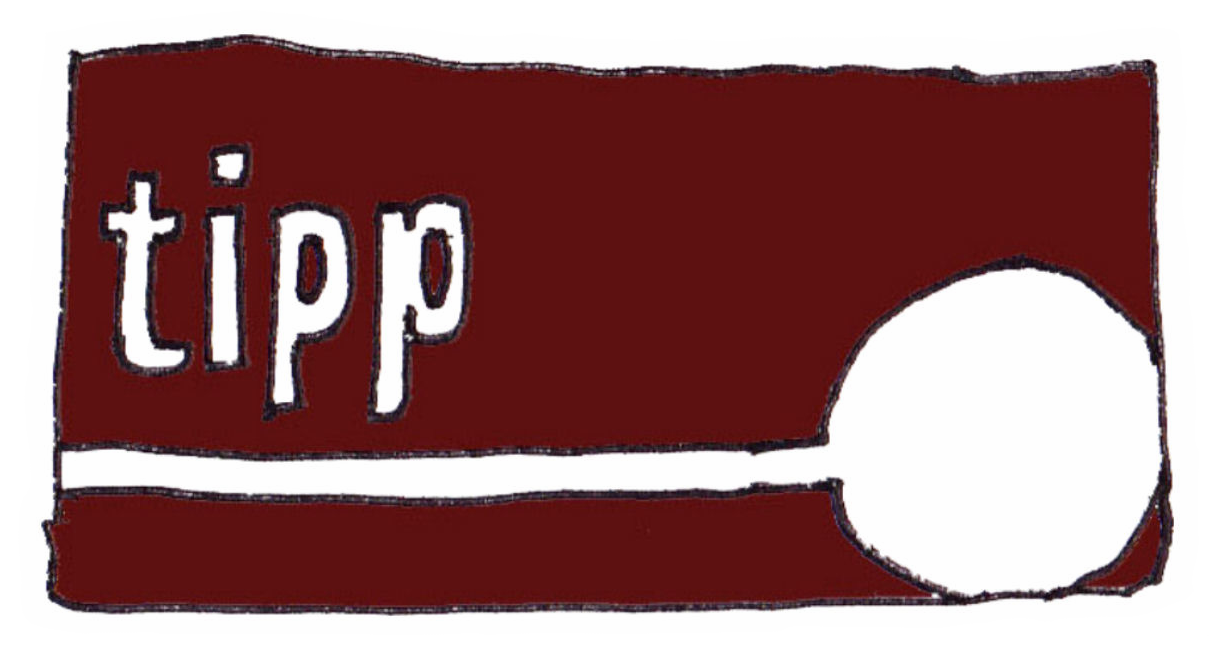Theatre in Prisons: Funny Laughingtime
On 3rd April I was invited to make to make a ‘pop-up’ contribution to the ‘Measuring and Increasing the Value of Culture’ symposium at HOME in Manchester. The brief was to make a short, pithy contribution that created a link between formal presentations and informal discussion. I chose to pick up on the themes of the conference, and raise an issue which I thought it would be valuable to bear in mind as the day progressed. I chose to talk about laughter, and the risks to participatory practice of “teaching to the test”.
I’m going to begin with a thank you. Thirty years ago this summer, as a fresh faced (and much thinner) recent drama graduate, a lecturer offered me the opportunity to take part in a prison theatre project in HMP Strangeways (now HMP Manchester). That six weeks laid the foundation for my career, and after completing the project, I joined Geese Theatre Company and the rest, as they say, is history. We don’t often get the opportunity to publicly thank the people whose support and encouragement have been instrumental in shaping our careers, but I can do so today, as that lecturer is one of the speakers at the conference: Paul Heritage. Thanks, Paul.
Gerri invited me to present a quick, five minute pop-up response to the themes and ideas of the conference. For those of you that know me, you will recognise entirely what a nightmarish straitjacket five minutes is…..This is not so much a reflection on what we have just heard from this morning’s contributors, rather, it is a note of caution based on my thirty years of work in the arts in criminal justice sector. It is, in fact, a call to remember the importance of smiling and laughter in our work.
Over the last couple of weeks I have been musing on what I should talk about, trying pin down a way in; a key idea. As always, the inspiration came from an unexpected source. Last week I met with a man who had worked with TiPP for a few months when he was a resident at HMP Thorn Cross. Let’s call him Matt. Matt generously shared with me a page from his diary, which he had kept everyday through his period of imprisonment. He showed me his entry from the evening following his first drama session. In big, bold green ink he had written “Theatre in Prisons: Funny laughingtime”. On the page, the two last words appeared to be joined as one in a way that seemed right and correct. And that reminded me of the importance of joy, fun and laughter in our work as participatory artists.
The theatre in prisons sector was in its infancy in the early 1990s. To get through the gates we had to quickly learn how to negotiate with (in Curt Tofteland’s words) the keeper of the keys. As practitioners that meant that we very quickly had to learn to articulate the value of our work within unfamiliar frames of reference. I learnt to speak health, social justice, criminology and education. Over the years I have learnt a smattering of restorative justice, resettlement and recidivism. I talk rehabilitation in my sleep.
I am used to talking about outcomes of my practice, and of measures. As the Arts in Criminal Justice sector matured, we have seen the Ministry of Justice and its associated justice agencies slowly but surely embrace the arts as a tool for change. And with that embrace, comes measurement. Only last week they released their latest e toolkit for measuring intermediate outcomes to reduce reoffending from arts interventions. My worry, my caution, is that that these frameworks can encourage artists to work to the test. I speak from experience. Working in criminal justice sector in the 1990s meant I became a slave to what the late, lamented theatre practitioner Chris Johnston called the cognitive gods. A time I openly admit I forgot about the art. I forgot about the theatre. I forgot about the fun.
In recent years I have grown used to seeing artists make extraordinary claims about the impact of their work. One of the first things I tell students is to be wary of artists’ claims to reduce offending, and look for the provable. And I've seen much work that has forgotten the art and become a rough instrument of the justice system. And I can tell you, there is nothing more punishing and rough than playing Grandmas Footsteps for an hour and a half.
The art should lead the way, and the measures be built in their wake.
Let the funny laughing times lead the way.

